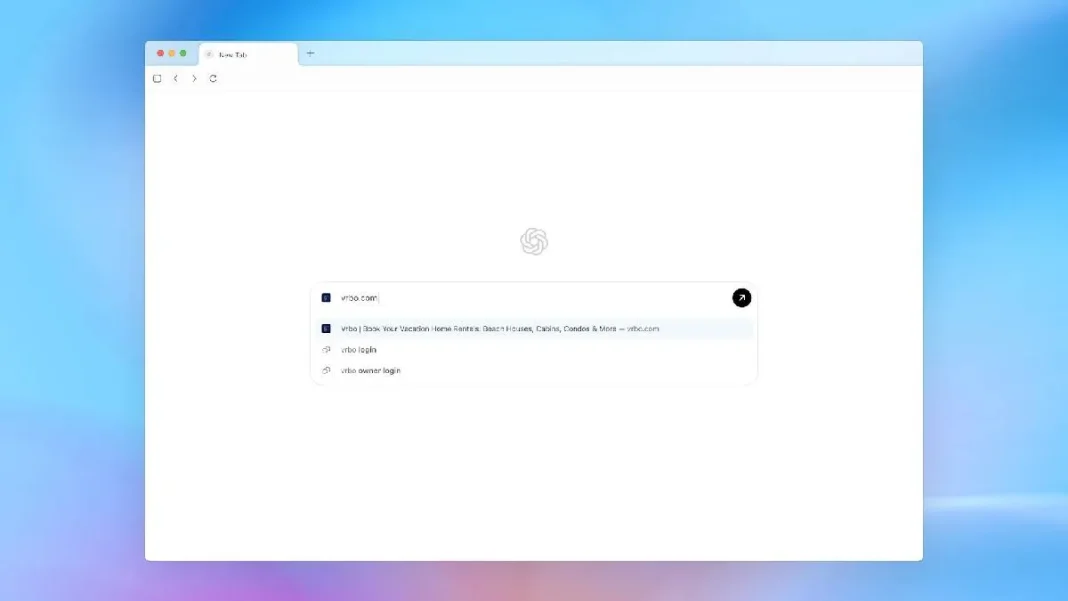Key Takeaways
- OpenAI launches Atlas browser, directly challenging Google Chrome
- AI-powered browser aims to boost profitability amid financial losses
- Features “agent mode” that browses the internet on user’s behalf
- Faces significant competition from Chrome’s 3 billion users
OpenAI has launched its new Atlas web browser, positioning itself in direct competition with Google Chrome as the AI company seeks new revenue streams. The ChatGPT maker aims to capture internet traffic and advertising revenue through this strategic move.
The Browser Wars Intensify
OpenAI CEO Sam Altman described the Atlas launch as a “rare, once-a-decade opportunity to rethink what a browser can be about.” However, industry analysts caution that competing with Google Chrome, which boasts approximately 3 billion users worldwide, presents a daunting challenge.
The launch follows recent antitrust proceedings where OpenAI expressed interest in acquiring Chrome. U.S. District Judge Amit Mehta rejected the proposed Chrome sale last month, noting that AI advancements were already reshaping competition.
Chrome has begun integrating its own AI features using Google’s Gemini technology, while smaller AI startup Perplexity has also entered the browser market with its Comet browser.
AI-as-Agent: The Future of Browsing
Altman predicts chatbot interfaces will replace traditional URL bars as the primary way people navigate the internet. “Tabs were great, but we haven’t seen a lot of browser innovation since then,” he noted.
Atlas’s premium “agent mode” accesses users’ laptops to browse the internet on their behalf, using browser history and stated goals while explaining its process. “It’s using the internet for you,” Altman said.
Analyst Paddy Harrington raised concerns about this approach, suggesting it might “take personality away from you” and questioning whether the AI truly represents user intentions or incorporates advertising preferences.
Accuracy and Ethical Challenges
The launch comes as AI adoption grows significantly – 60% of Americans and 74% of those under 30 use AI for information finding regularly. Google has accelerated this trend by providing AI-generated summaries in search results since last year.
Two major concerns dominate the AI browser discussion:
- Hallucination: AI’s tendency to generate false or flawed information confidently
- Copyright: Legal challenges from news outlets over AI training on copyrighted content
The New York Times has sued OpenAI for copyright infringement, while other publishers like The Associated Press have opted for licensing agreements.
A recent European Broadcasting Union study analyzing over 3,000 responses from top AI assistants found nearly half were flawed and fell short of quality journalism standards.
Atlas launches initially on macOS, with Windows, iOS, and Android versions coming soon.




